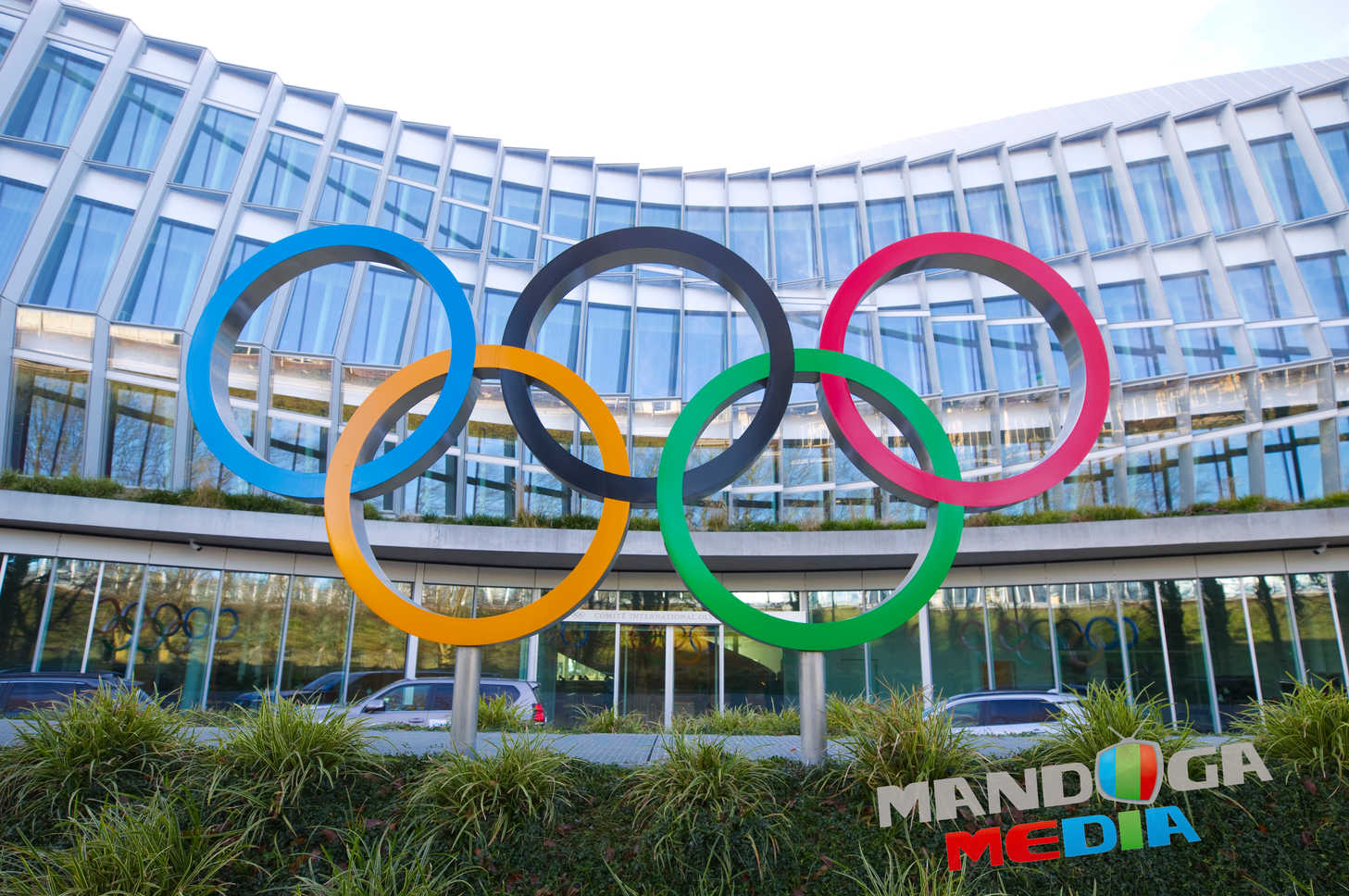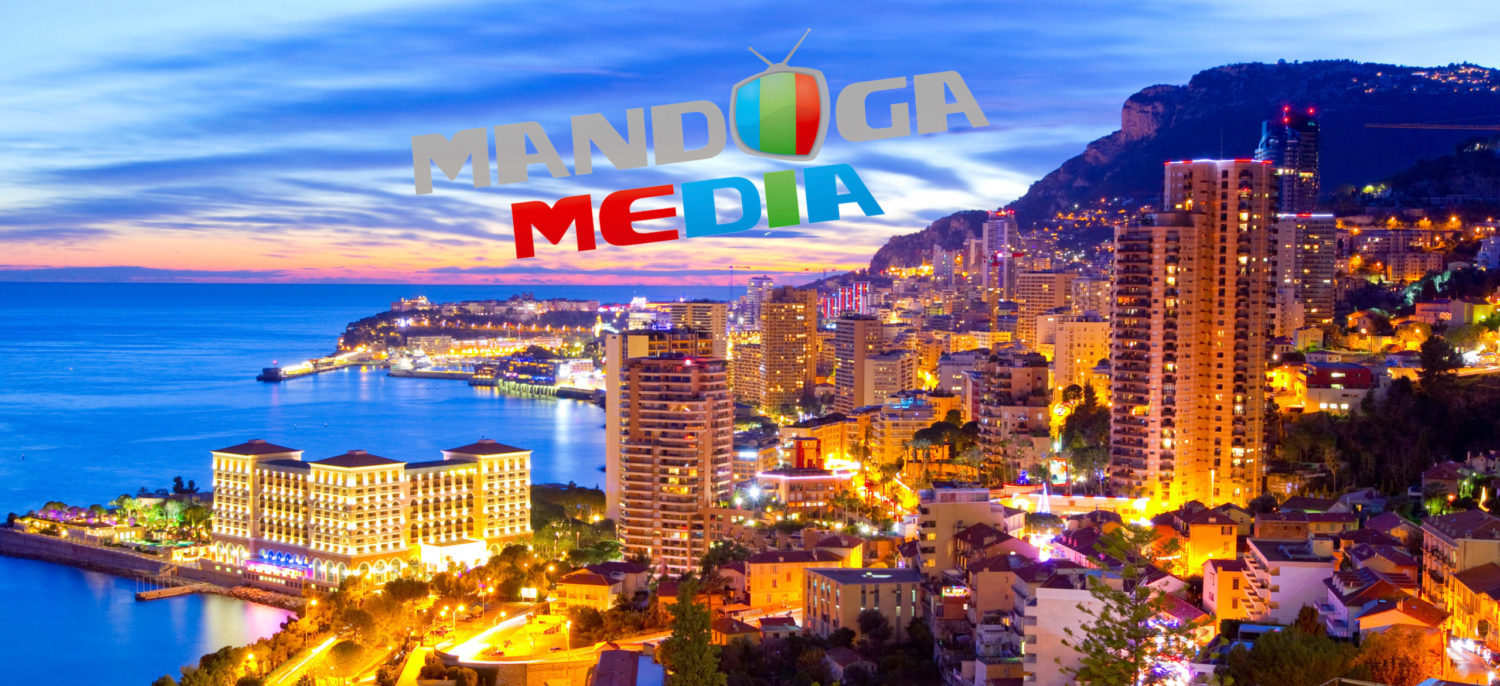
This was the conclusion reached in the consultative meeting of the IOC Executive Board (EB) this week. Olympic Agenda 2020 has resulted in profound change and progress across the entire Olympic Movement, and has laid solid foundations for the future.
Adopted by the IOC Session at its meeting in Monaco in December 2014, Olympic Agenda 2020 is a set of 40 detailed recommendations whose overarching goal was to safeguard the Olympic values and strengthen the role of sport in society. Identified and collated through a collaborative and consultative process involving Olympic Movement stakeholders and outside experts, they were driven by a recognition that the world was evolving rapidly and that the Olympic Movement had the opportunity to be an agent of change. The motto underpinning the process from identification to adoption to implementation was “change or be changed”. A philosophy that remains as compelling today as it was six years ago.
Built on the three pillars of Credibility, Sustainability and Youth, the 40 separate yet inter-related recommendations can be likened to a jigsaw puzzle. When all 40 pieces are put together, a picture emerges in which progress in ensuring the success of the Olympic Games, strengthening the role of sport in society, and greater connection with young people and those outside the Olympic Movement becomes apparent. This picture, the outcome of six years of commitment and engagement by all stakeholders, has developed gradually, with the full impacts emerging only now.
Key highlights from the results of Olympic Agenda 2020 include:
Olympic Games
– The IOC has completely reformed the way the Olympic Games are awarded with the introduction of the two Future Host Commissions, Winter and Summer, making the whole procedure more cooperative and targeted. This resulted in a decrease in the average candidature budgets for the Olympic Winter Games 2026 to USD 5 million, compared to USD 35 million for 2022, representing a reduction of some 80 per cent.
– By maximising the use of existing or temporary infrastructure, addressing the service levels and other measures, the IOC has significantly reduced the costs of organising the Olympic Games.
– This is evidenced by:
Savings of approximately USD 4.58 billion achieved over the past seven years through joint efforts by the IOC and Tokyo 2020, over and above the IOC’s contribution to the Games of USD 1.7 billion. This includes USD 2.2 billion saved during the review of the Venue Master Plan, USD 2.1 billion saved from the operational budget thanks to the New Norm, and an estimated USD 280 million in savings through initial simplification and optimisation efforts to deliver Games fit for a post-coronavirus world.
For Paris 2024, there is a reduction in overall numbers of about 1,000 athletes and officials. The overall athletes’ quota has been reduced by 592 compared to Tokyo 2020 (including all additional sports) to exactly 10,500. This will also result in a reduction in the overall number of officials by 400.
It is expected that 95 per cent of the venues used by Paris 2024 to stage the Olympic Games will be existing or temporary.
No new permanent venues are planned for the Olympic Games LA28.
– The IOC has undertaken what is probably the greatest reform of the Olympic programme in history.
Gender parity will be achieved at the Olympic Games Paris 2024 with exactly the same number of male and female athletes participating, following Tokyo 2020, which will achieve gender equality with 48.8 per cent women participants. At London 2012, prior to Olympic Agenda 2020, women made up 44.2 per cent of the competitors.
The number of mixed events at the Olympic Games has grown from eight before Olympic Agenda 2020 (London 2012) to 18 in Tokyo 2020 and 22 in Paris 2024.
Additional sports, which can be proposed to the IOC by the Organising Committees, make the Olympic Games more urban, more youthful and more female. Tokyo 2020 chose skateboarding, sport climbing, surfing, karate and baseball/softball. Paris 2024 has selected skateboarding, sport climbing, surfing and breaking.
– The Youth Olympic Games (YOG) have served as an innovation lab for testing new, more youthful and more urban sports. Sports initiation programmes implemented for Buenos Aires 2018 attracted 250,000 participants, while at Lausanne 2020 similar programmes attracted 200,000 participants.
– The YOG are now being brought to new cities, helping to bring Olympism to new territories. The fourth edition of the Summer YOG will be staged in Dakar, Senegal, in 2026, the first Olympic competition to be held on the African continent.
Athletes
– More than 100,000 Olympians, elite athletes and their entourage members have signed up to Athlete365, a multilingual one-stop-shop and dedicated platform offering specially tailored programmes and resources in six languages.
– Some 5,500 athletes benefitted in the first year from support programmes offered in the areas of dual careers, career transition and mental health, as well as a Business Accelerator Programme, delivered in collaboration with the Muhammad Yunus Foundation.
– A Safeguarding Framework which includes an education component, a safeguarding officer and a reporting process has been implemented on site at every edition of the Olympic Games since Rio 2016, and at the Youth Olympic Games since Buenos Aires 2018, as part of the Prevention of Harassment and Abuse in Sport (PHAS) initiative.
– The IOC has decided to establish the “International Safeguarding Officer in Sport Certificate”. The course leading to certification is set to commence in September 2021. This is a first of its kind, because there is currently no certificate or minimum standard of education or training for safeguarding officers in sport on an international level.
– The number of International Federations (IFs) with Safeguarding Policies in place has increased from one in 2016 to 33 in 2020. Today, 27 Summer IFs and six Winter IFs now have a Safeguarding Organisational Policy, while 19 Summer IFs and six Winter IFs now have a Safeguarding Competition Policy in place.
– Innovative programmes have been put in place to empower and support athletes through engagement with the IOC’s Worldwide TOP Partners.
Protection of clean athletes
– The Olympic Movement spends USD 260 million during an Olympiad to fight doping, with USD 136 million coming from the IOC directly.
– As a consequence of Olympic Agenda 2020, USD 60 million has been invested in the protection of clean athletes. Of this:
The IOC provided a fund of USD 30 million to establish the International Testing Agency (ITA), to create a level playing field for all athletes.
A USD 20 million “Protection of clean athletes” fund has been set up:
a) USD 10 million is dedicated to developing robust education and awareness programmes on the risks of match-fixing, manipulation of competitions and related corruption. The latter has led to approximately 50 events reaching around 100 different countries, involving not only representatives from sport but also from police, criminal justice and betting authorities.
b) USD 10 million is dedicated to supporting projects offering new scientific approaches to anti-doping. Of this, USD 6 million was matched by governments, creating a fund of USD 12 million that was used by the World Anti-Doping Agency (WADA) to support projects selected by the WADA Health, Medical and Research Committee; and USD 4 million has been spent on 16 anti-doping research projects since 2014, 12 of which have been successfully completed.
At the Fifth World Conference on Doping in Sport in November 2019, the IOC announced an additional USD 10 million “Action Plan”, including USD 2.5 million for research; USD 2.5 million for intelligence and investigation, with a broader scope to include those who enable and encourage doping beyond athletes; and USD 5 million earmarked for long-term storage for reanalysis.
Good governance
– Engagement with the International Partnership Against Corruption in Sport (IPACS) has resulted in the first tool to prevent corruption in sport. IPACS was launched at the IOC’s International Forum on Sport Integrity (IFSI) in February 2017. A multi-stakeholder platform, its mission is “to bring together international sports organisations, governments, inter-governmental organisations and other relevant stakeholders to strengthen and support efforts to eliminate corruption and promote a culture of good governance in and around sport”. The meeting of its first Working Group took place in June 2017.
– Memoranda of understanding with INTERPOL, the United Nations Office on Drugs and Crime (UNODC) and the Organisation for Economic Cooperation and Development (OECD) are fostering cooperation with governments on sports credibility. Together with its partners, the IOC has produced new guidelines to mitigate the risks of corruption, e.g. in procurement and the prevention of conflicts of interests.
– One hundred per cent of Olympic sports IFs are today compliant with the Olympic Movement Code on the Prevention of the Manipulation of Competitions, including the awareness-raising programme for athletes, entourages and officials.
– The independence of the IOC’s Ethics Commission has been reinforced with the IOC Session electing the Commission Chair and members; and the majority of the Commission members are independent from the sports movement. The Chair of the IOC Ethics Commission is Mr Ban Ki-moon, a former Secretary-General of the United Nations.
– An IOC Annual Report is published according to the International Financial Reporting Standards (IFRS), even though these higher standards are not legally required from the IOC. This report includes the activity report, the financial summary and the indemnity policy for IOC Members and the IOC President, in accordance with the Olympic Charter and Swiss law.
– Other key deliveries include the implementation of new policies such as the one on IOC contributions to third parties (Olympic and non-Olympic) and the Contribution Approval Panel, and the due diligence policy on donations. The new IOC Risk and Assurance Governance Model has been implemented on the model of the three lines of defence, along with the IOC Internal Control System, based on the COSO Framework, compliant with Swiss law and annually audited by the external auditor.
Solidarity
– The IOC distributes 90 per cent of its revenues to the wider Olympic Movement.
– During the period of Olympic Agenda 2020, the budget allocated to Olympic Solidarity to support athletes and National Olympic Committees (NOCs) was increased from USD 311 million to USD 590 million for the Olympiad 2021-2024. This is an increase of 90 per cent.
– During the coronavirus crisis, the IOC has actively supported the athletes, the NOCs and the IFs through an additional aid package programme of up to USD 150 million. It has supported more than 1,600 athletes with Tokyo 2020 Olympic scholarships, enabling them to continue their preparations for the postponed Olympic Games next year.
– The IOC has created the IOC Refugee Olympic Team. Supported in their preparation by Olympic Solidarity, 10 athletes competed for the first time at the Olympic Games Rio 2016, sending a message of hope to refugees and displaced persons around the world. Olympic Solidarity is now supporting a group of 50+ refugee scholarship holders aspiring to join the IOC Refugee Olympic Team for Tokyo 2020.
– The IOC created the Olympic Refuge Foundation in 2017. In the three short years since it came into existence, it has already started and supported projects in Rwanda, Mexico, Turkey, the Democratic Republic of Congo, Kenya, Jordan, Uganda and Colombia. Up to 200,000 young people affected by displacement have been given access to safe sport.


